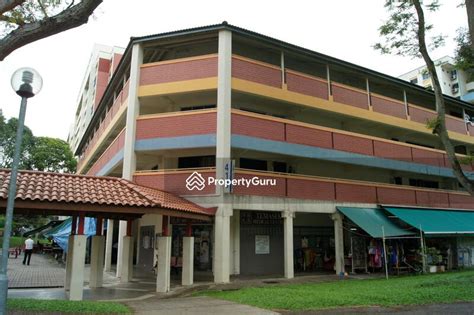Introduction
Foreign domestic workers (FDWs) play a vital role in Singaporean households, providing essential support with childcare, eldercare, and household chores. However, accessing affordable dental care can be a challenge for these workers, who often face financial constraints and limited access to healthcare information. This article explores the challenges and solutions related to dental care for FDWs in Singapore, providing practical guidance and insights for both FDWs and their employers.

Challenges Faced by FDWs
- High Dental Treatment Costs: Dental treatments can be expensive, especially for specialized procedures such as implants or braces. FDWs may struggle to afford these costs, especially if they have limited income.
- Limited Access to Information: FDWs may have limited access to information about dental care in Singapore, including the location of affordable clinics and the availability of subsidies. This can make it difficult for them to find the best options for their needs.
- Communication Barriers: Language barriers and cultural differences can make it challenging for FDWs to communicate their dental concerns to healthcare providers. This can lead to misunderstandings and delays in treatment.
Solutions for Affordable Dental Care
1. Government Subsidies and Programs:
The Singapore government offers various subsidies and programs to support FDWs with healthcare costs, including dental care. For example, the Community Health Assist Scheme (CHAS) provides subsidies for basic dental treatments at participating clinics.
2. Non-Profit Organizations and Charities:
Several non-profit organizations and charities in Singapore provide free or low-cost dental services to FDWs. These organizations typically cater to the specific needs of FDWs, offering culturally sensitive and language-assisted services.
3. Private Clinics with Affordable Options:
While private dental clinics generally have higher treatment costs, some offer affordable options for FDWs. It is important for FDWs to research and compare the costs of different clinics before making a decision.
Common Mistakes to Avoid
- Ignoring Dental Concerns: It is crucial for FDWs to seek dental treatment promptly if they experience any symptoms of dental problems. Ignoring dental concerns can lead to more severe and expensive issues in the future.
- Using Unqualified Practitioners: FDWs should always consult with licensed and experienced dentists for dental treatments. Avoid using unqualified practitioners who may offer low prices but provide substandard care.
Pros and Cons of Different Options
| **Option | Pros | Cons |
|---|---|---|
| Government Subsidies: | Affordable | Limited coverage, long waiting times |
| Non-Profit Organizations: | Free or low-cost | May have limited availability, language barriers |
| Private Clinics: | Full range of services | Higher costs, less accessible for FDWs |
Frequently Asked Questions (FAQs)
1. How can I find a dentist who speaks my language?
Many dental clinics in Singapore employ staff who speak multiple languages. You can also contact non-profit organizations that provide culturally sensitive services.
2. What are the different types of treatments covered by CHAS?
CHAS covers basic dental treatments such as fillings, extractions, and scaling. It does not cover major treatments like implants or braces.
3. How can I make an appointment?
You can make an appointment by calling the dental clinic directly or visiting their website. Some clinics also offer online booking options.
4. What should I bring to my appointment?
Bring your MediShield Life coverage details or CHAS card, as well as any relevant medical history or dental records.
5. How can I pay for my treatment?
You can pay for your treatment using cash, credit card, or Nets. Some clinics may also accept payment plans.
6. Can I get help with translation?
Some dental clinics offer translation services for patients who do not speak English. You can also contact non-profit organizations that provide interpretation services.
Expanding Market Insights
The demand for affordable dental care among FDWs is expected to grow in the coming years as the Singaporean population ages and more households rely on domestic help. This presents opportunities for dental clinics and non-profit organizations to expand their services and cater to the specific needs of this growing population.
Conclusion
Affordable dental care is essential for maintaining the health and well-being of foreign domestic workers in Singapore. By understanding the challenges and solutions related to dental care, both FDWs and their employers can make informed decisions that ensure that FDWs receive the necessary treatment to maintain their oral health. With the increasing demand for such services, the healthcare industry has a vital role to play in providing accessible and affordable dental care to this vulnerable population.













